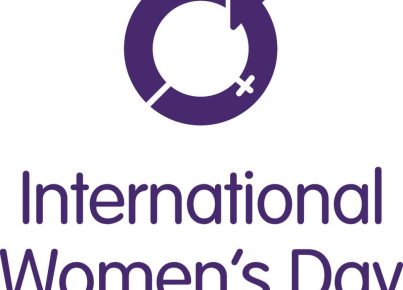The educational system in Nigeria has changed over the past decade. This is obvious in many cities in the country. Port Harcourt in Rivers State is one of those cities.
In this article, we’re going to look at several aspects of the educational system in this city. This includes the general structure and the improvements that can make things a lot better for the Garden City.
What Is The Structure Of The Education System Like In Port Harcourt?
The education system in Nigeria adopts the 4-6-3-3-4 structure and has done so for many years. This structure implies that students are to spend one year in pre-nursery before heading to nursery school.
Then, they spend another three years in nursery school. Another six years in primary school must take place before they head to secondary school.
All students must pass the common entrance examination before gaining admission. The common entrance examination is specific to the school you choose. Schools generally have the right to set these exams without interference.
Secondary schools in Port Harcourt includes the junior secondary school and senior secondary school. This system is universal across the nation and is enforceable by the government.
Both sets consist of three classes each (six in total). For students in junior secondary school to move to senior secondary school, they will need to pass an exam. This exam is the Junior National Examination (NECO).
Senior secondary school students will have to take the West African Examinations (W.A.E.C) or the senior NECO. Failure to pass at least one of these exams means access to Nigerian universities will be impossible. To get accepted into a Nigerian university to study a licensed profession, you will also need to pass certain subjects.
For example, literature is a core subject if you want to study law at the university.
University Structure in Port Harcourt
There are about three major universities in Port Harcourt. These are the University of Port Harcourt, Rivers State University, and Ignatius Ajuru University. To get into any of these universities, students must pass the W.A.E.C, the Joint Matriculation Examinations (JAMB), and the internal examination of the university.
The number of years you spend at the university will depend on your choice of study. For example, studying law is five years in the university, while studying business administration is just four years.
A Typical Day for a Student in Port-Harcourt
A typical day will start as early as 7 or 8 am. This is when most classes begin. Every subject will last between 40 minutes to an hour (one period). Periods refer to the length of time for each class. So a class might last for a single period. Sometimes, it can last longer. Students often get free periods in between classes.
Classes in the university last between 1 to 4 hours.
A student’s day in Port Harcourt will usually end between 3-5 pm every day. On Fridays, most schools close at 1 pm. This includes most universities in Nigeria.
To be a student in Port Harcourt can be joyful and frustrating. The lack of educational facilities can make learning harder. Also, the seeming lack of interest in the majority of lecturers in the universities might contribute to students having a torrid time.
However, students usually find ways to make their stay in school memorable.
What Is It Like To Be A Professor, Teacher Or Education Administrator In Port Harcourt?
Teachers in Port Harcourt are all very qualified. However, the motivation to teach can quickly reduce due to various factors. At the top of that list includes the lack of promotions, incentives, and payment of salaries.
A typical day for a teacher starts around 7 am. For some lecturers, it might start as late as noon. Teachers often find themselves shuffling between classes during this period. They usually go home right about the same time as the students.
Reforms Needed To Make the Educational System Shine in Nigeria
Certain issues need to be corrected if the education system in Nigeria is to improve. Teachers need to earn great packages for the hard work they put in. Students, on the other hand, need to have the right tools to learn properly.
Students also face sexual harassment from a minority of lecturers. Protecting students should also be a top priority.
Making these reforms will surely take time. However, it is surely doable. The education system in Nigeria will change with effort and commitment by everyone in the country.



